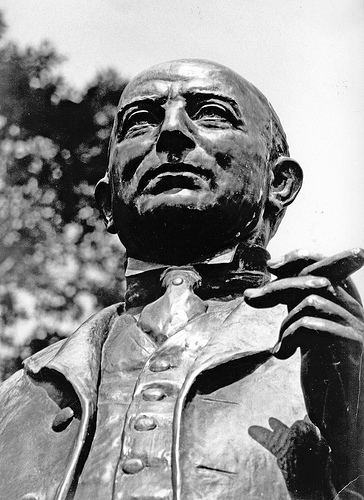It was once quoted that “death reveals a lot more about the person’s character”. In both philosophical and archeological standpoint, there is more than a grain of truth to that saying. Having the awareness that all people will die, many individuals live their life to the fullest. Everything they have accomplished eventually defines who they were in the eyes of the living. This is what legacy is all about.
World leaders of the ancient times consider their burial services as one of the most paramount state obligations. During the Egyptian antiquities, pharaohs carve hieroglyphics on obelisk to record their monumental exploits. Oftentimes, they contain heroic military exploits or sponsoring grand building projects. Tomb walls also contain the accounts of royal and state officials, forever engraving their lifetime achievements. The objective of this engraving project is to maintain control of society even after the death of the incumbent authority figure. It comes to no surprise that Pharaoh Ramses the Great’s exploits are not only celebrated for centuries, his established edicts are even obeyed for ages.
This intention of carving a posthumous heritage in society is not only prevalent to state leaders. Even influential icons are able to build their own legacy in their eventual deaths. In Chinese culture, people consider tombstone inscription as an integral part of their ancestor worship. Along the names of illustrious predecessors on clan stelae walls inscribes their titles which bespoke their note-worthy lifetime achievements. Objectively, posthumous recordings also document the paramount negative identities that these deceased ancestors were known for through their predominant social deviances. These written memorials not only serve as object of veneration, but also inspire wisdom in living individuals through the experiences of the family members who have departed a long time ago.
An interesting theory suggests that one of the preceding elements that gave birth to written language has a lot to do with funerals. It is believed that the power to record words is so immense it allows people to communicate with anyone beyond their limited lifetime. Philosophically speaking, this is one of the ways humans have attempted to seize this elusive idea of immortality – an existence that goes beyond time itself. Carving a man’s legacy is a powerful way of eluding a fate far worse than death. There couldn’t be anything far worse than an ancestor already forgotten by his or her children, or an individual ignored by the society in time.


